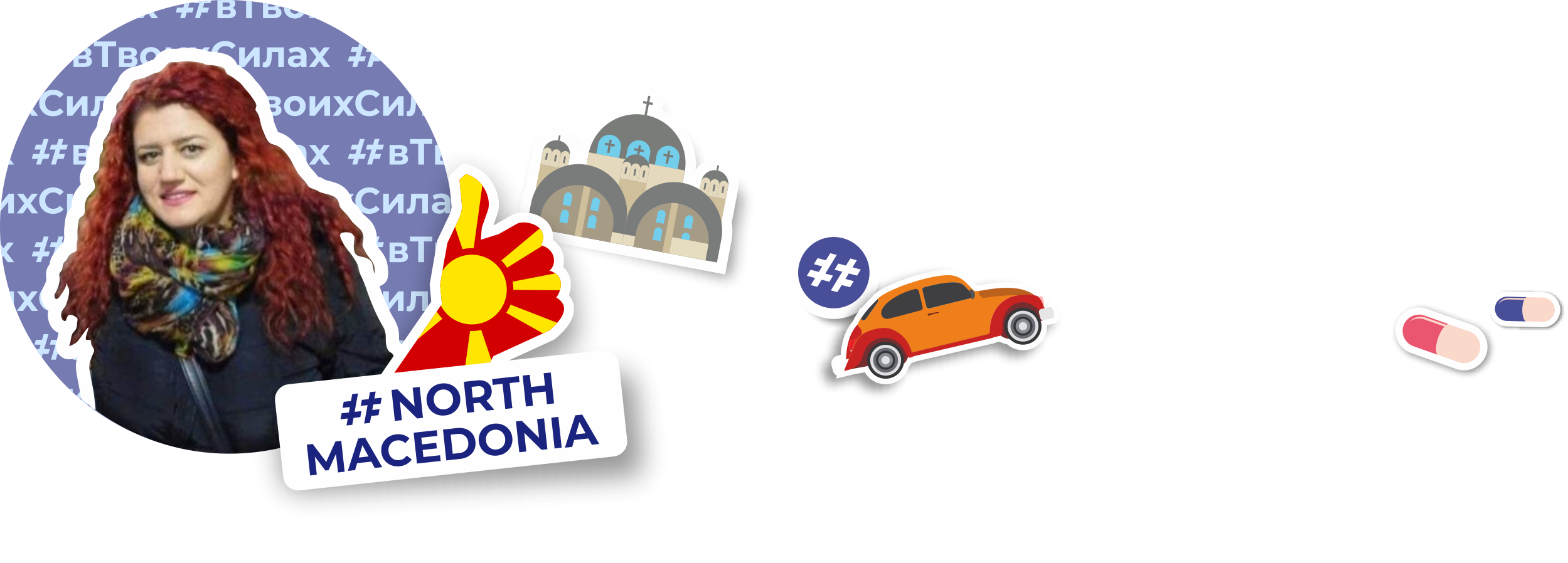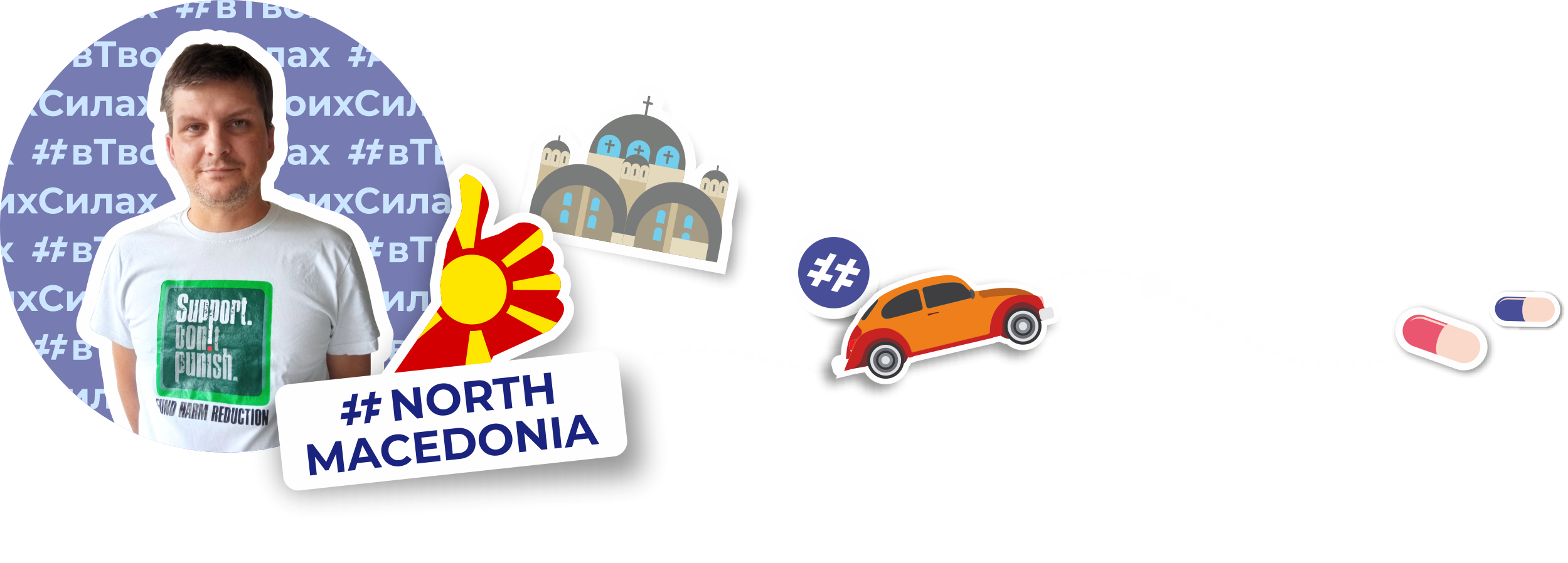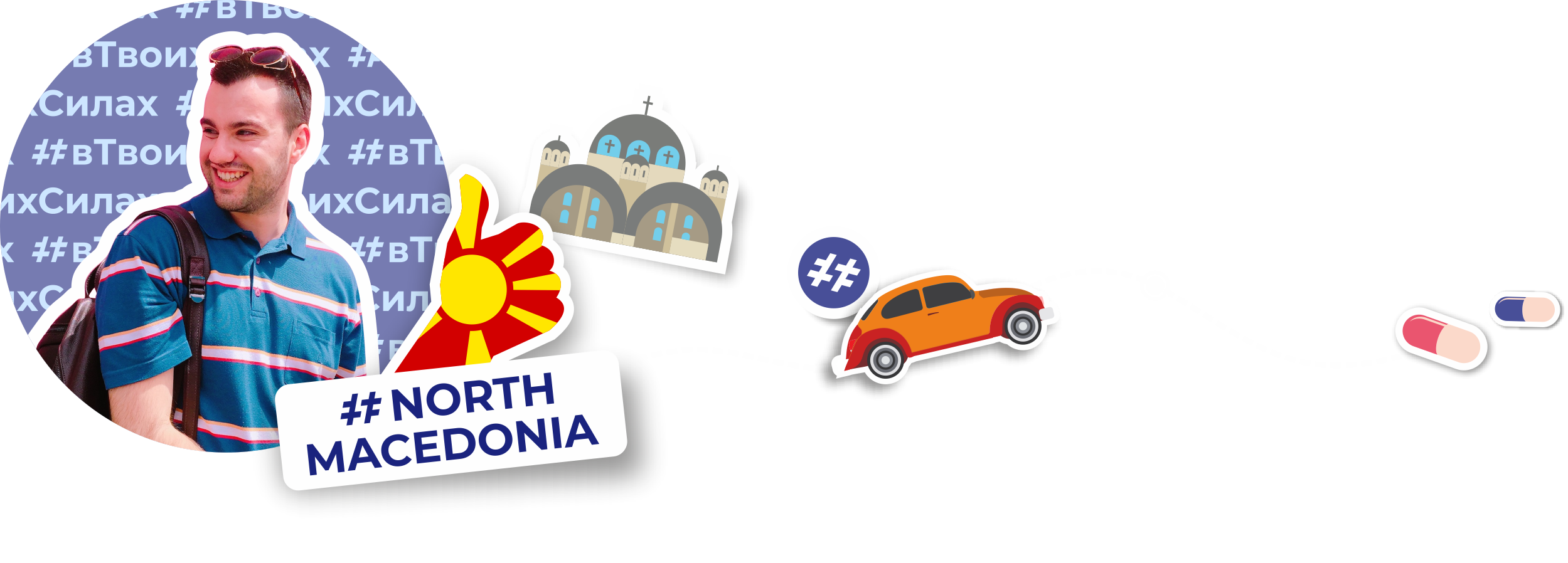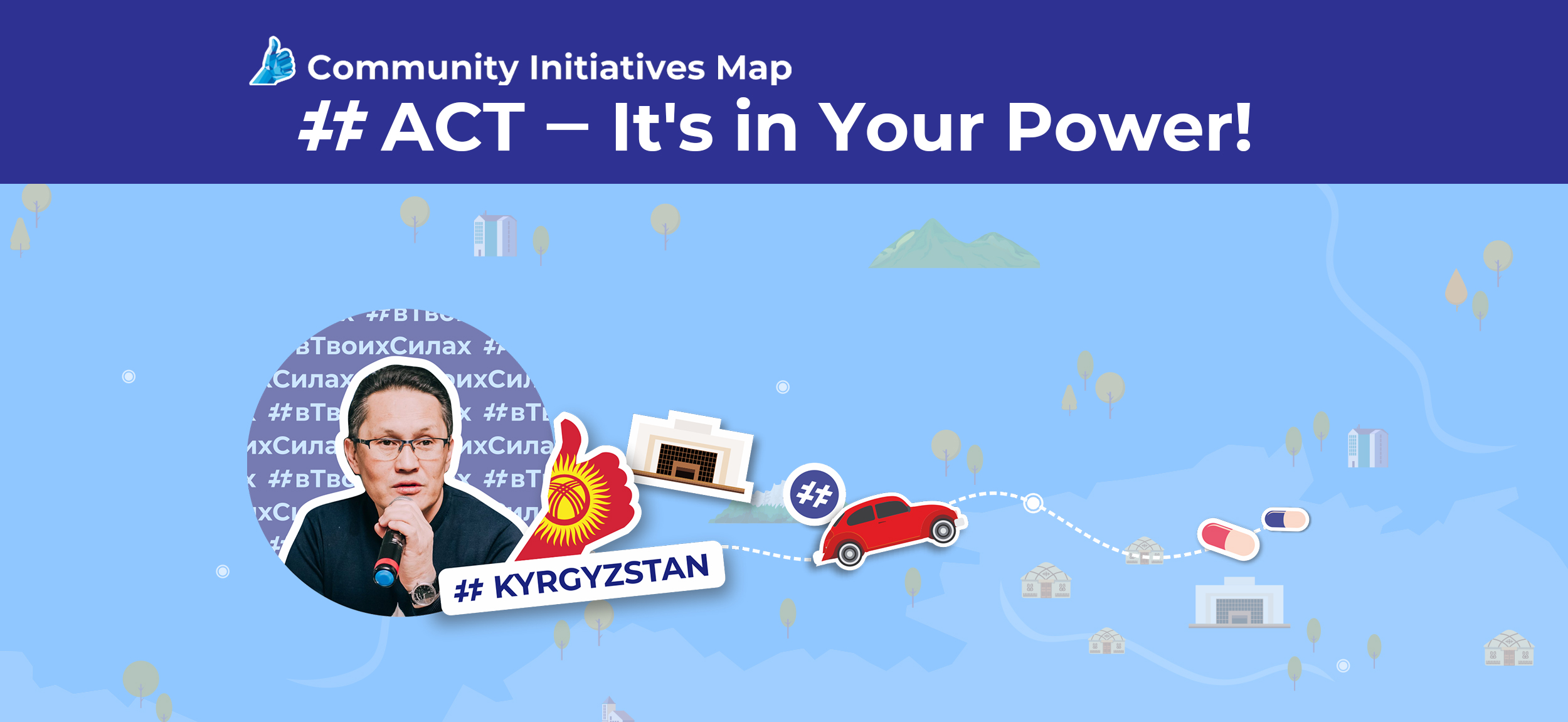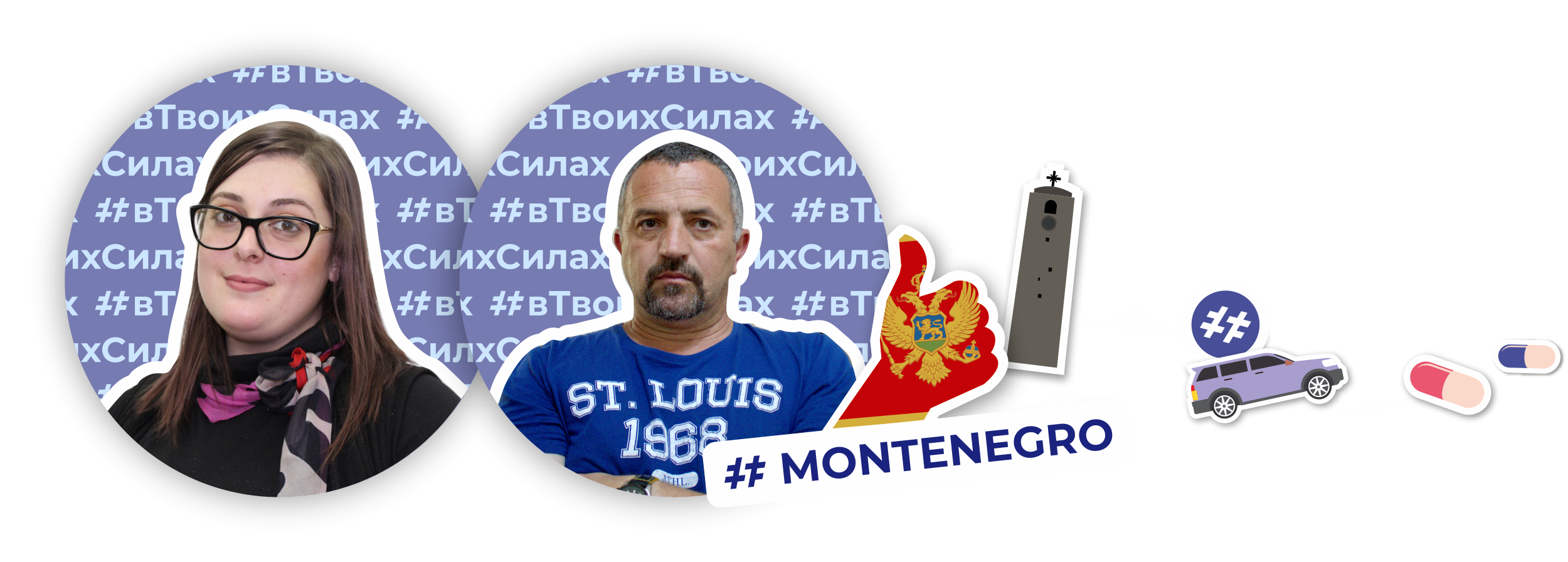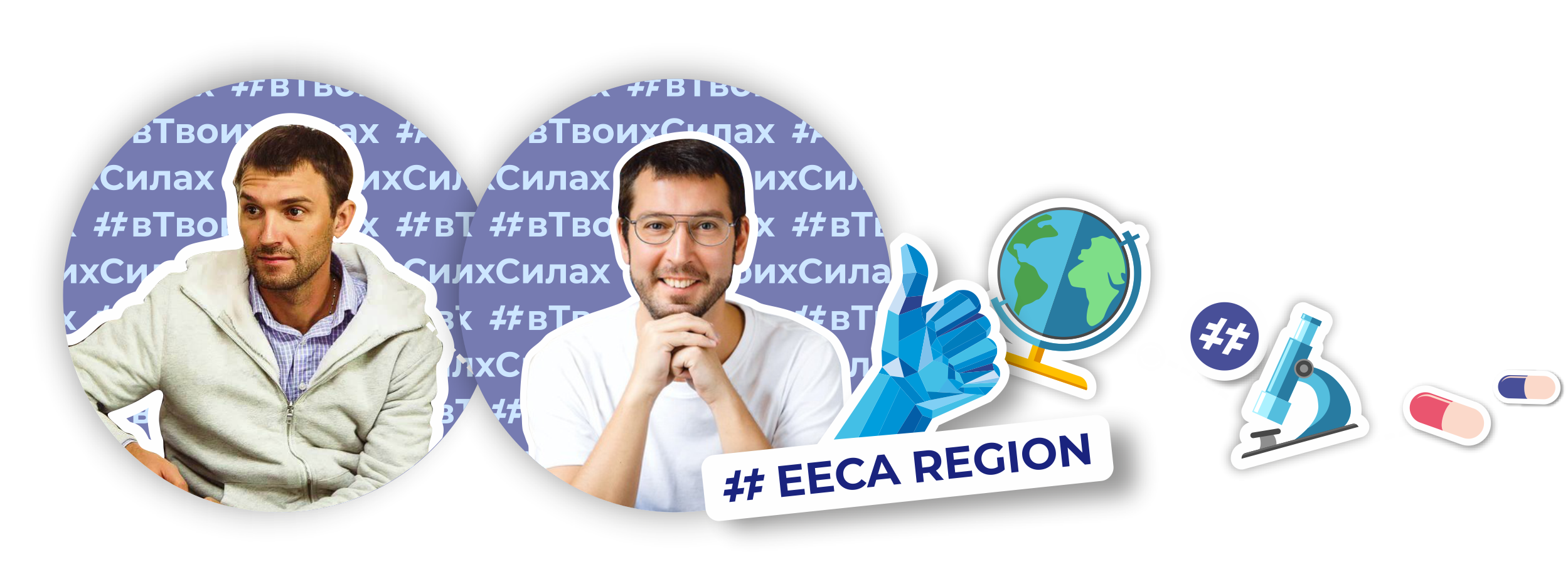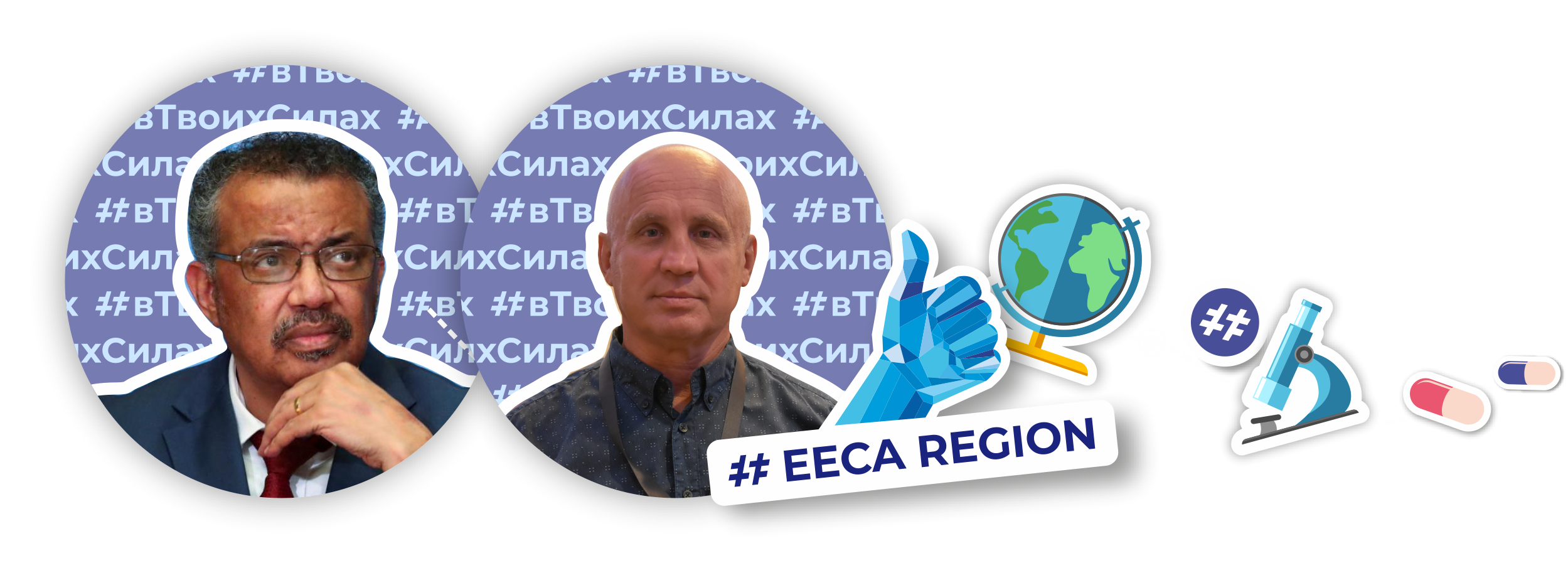Training for human rights professionals during the COVID pandemic
In Kazakhstan, people living with HIV and key populations face serious difficulties in obtaining resource assistance from the state. A number of regulations in the country provide access to healthcare guaranteed by the Constitution of the Republic of Kazakhstan. However, due to the COVID-19 pandemic, it is difficult to hold face-to-face meetings to train future human rights professionals, although the need remains urgent.


